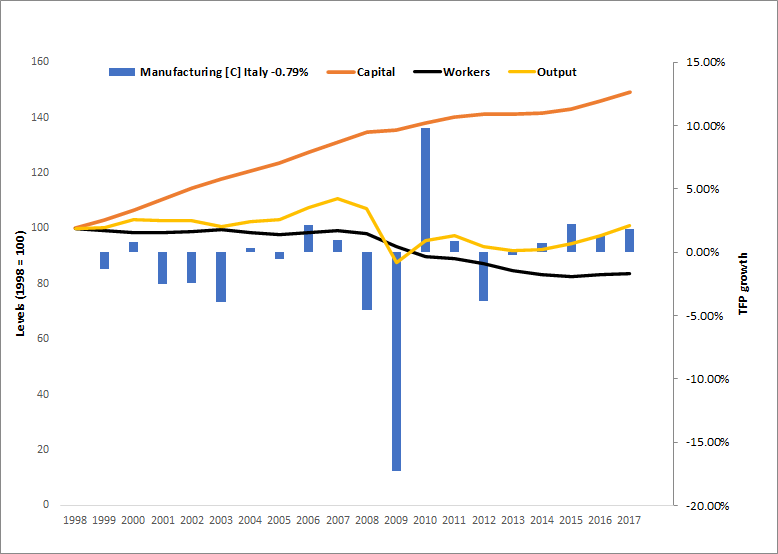
Josh and BrightBlue have written an astonishingly comprehensive report into how Carbon prices should work, including solid implementable steps.
This thread is great but cannot do the report justice - well worth reading. My very brief thoughts: 1/
This thread is great but cannot do the report justice - well worth reading. My very brief thoughts: 1/
https://twitter.com/jbuckland13/status/1420273568181538817
Really like the three principles.
1. Carbon pricing is about behaviour change, not necessarily revenue raising.
2. Needs to be fair to avoid gilet jaunes issues
3. It is just a piece of the puzzle, not the whole jigsaw 2/
1. Carbon pricing is about behaviour change, not necessarily revenue raising.
2. Needs to be fair to avoid gilet jaunes issues
3. It is just a piece of the puzzle, not the whole jigsaw 2/
(am particularly keen on that last principle: the refuge of the lazy laissez faire thinker - like a particular former chancellor- is "just put a price on carbon, the market will fix it." No. It. Won't. But the price helps) 3/
But principles are fine: what I find dauntingly good is that it shows an understanding of how govt works, what sort of steps it needs to take like:
- start setting price ranges
- steps for regular assessment and accountability
- break into sectors of interest with action plans 4/
- start setting price ranges
- steps for regular assessment and accountability
- break into sectors of interest with action plans 4/
as well as detailed work on what transitional steps are needed on existing mechanisms like Climate Change Levy.
Anyway. Disclosure: I work with @jbuckland13 at @FlintGlobal and also used to in No10. So I should not be so bowled over by the quality. But I am. A good read 5/5
Anyway. Disclosure: I work with @jbuckland13 at @FlintGlobal and also used to in No10. So I should not be so bowled over by the quality. But I am. A good read 5/5
• • •
Missing some Tweet in this thread? You can try to
force a refresh



















